June 3, 2015
IT firms hold TechNorth digital hub in higher regard than TechCity
 TechNorth, the Manchester based technology hothouse devised as a regional counterbalance to London, is held in higher regard than the capital’s flagship TechCity development, according to research from recruitment firm Robert Half. The study of IT decision makers across the UK claims that the vast majority would prioritise working with Northern firms over their London counterparts, with 87 percent either ‘highly likely’ or ‘somewhat likely’ to place work with IT businesses in the TechNorth hub rather than those in TechCity London given the choice. The figure is 100 percent for IT leaders based in the North and to 95 percent for those in Scotland. More surprisingly, 80 percent of those based London and the South East said they would prioritise TechNorth, as did 75 percent in the South West and Wales.
TechNorth, the Manchester based technology hothouse devised as a regional counterbalance to London, is held in higher regard than the capital’s flagship TechCity development, according to research from recruitment firm Robert Half. The study of IT decision makers across the UK claims that the vast majority would prioritise working with Northern firms over their London counterparts, with 87 percent either ‘highly likely’ or ‘somewhat likely’ to place work with IT businesses in the TechNorth hub rather than those in TechCity London given the choice. The figure is 100 percent for IT leaders based in the North and to 95 percent for those in Scotland. More surprisingly, 80 percent of those based London and the South East said they would prioritise TechNorth, as did 75 percent in the South West and Wales.






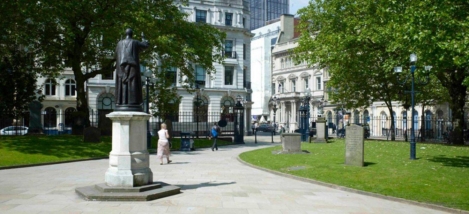
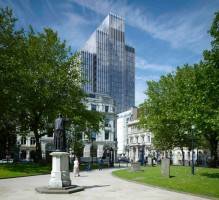 Plans for what is billed as the tallest office building outside of London have been submitted to Birmingham City Council for approval. The proposed 26 storey tower at 103 Colmore Row is planned to stand 346ft (105m) and house some 2,000 office workers. Birmingham is bound to find the scheme attractive as it vies with Manchester for the crown of England’s second city. Up to now, tall buildings have not enjoyed the same appeal in regional cities as much as they have in London. The new building is planned to replace the former NatWest tower which has lain empty on the development site since 2003 and is set to be demolished once plans are finalised for its replacement. If given a green light, the new scheme will incorporate a rooftop restaurant, green roof, terraces, street level shops and cafes and a winter garden.
Plans for what is billed as the tallest office building outside of London have been submitted to Birmingham City Council for approval. The proposed 26 storey tower at 103 Colmore Row is planned to stand 346ft (105m) and house some 2,000 office workers. Birmingham is bound to find the scheme attractive as it vies with Manchester for the crown of England’s second city. Up to now, tall buildings have not enjoyed the same appeal in regional cities as much as they have in London. The new building is planned to replace the former NatWest tower which has lain empty on the development site since 2003 and is set to be demolished once plans are finalised for its replacement. If given a green light, the new scheme will incorporate a rooftop restaurant, green roof, terraces, street level shops and cafes and a winter garden.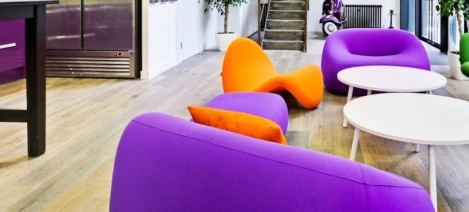

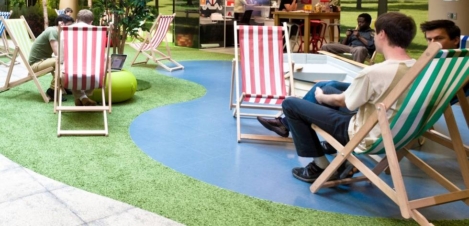
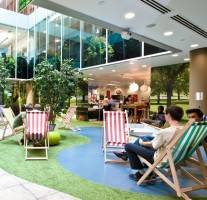


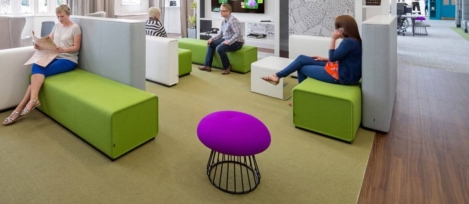




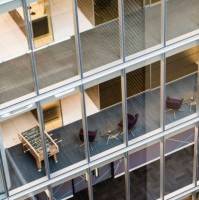












May 8, 2015
The world’s enduring addiction to the joy and misery of commuting
by Mark Eltringham • Comment, Flexible working, Work&Place, Workplace
(more…)